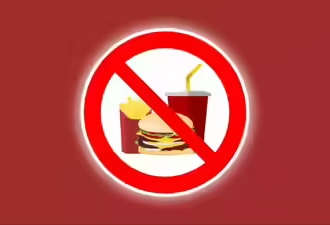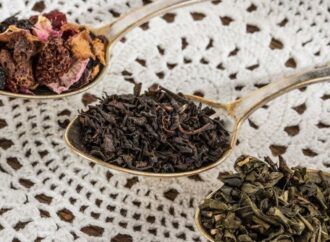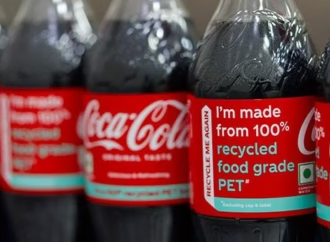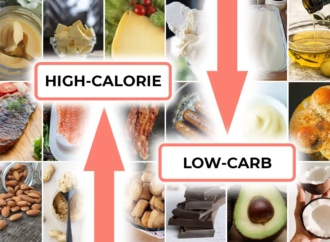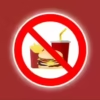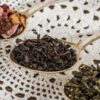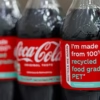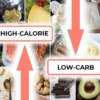Overview
South Africa declared a wave of food poisoning a “national disaster” after at least 23 children died in recent months. This week, a five-year-old boy reportedly became the latest victim after eating snacks bought from a small shop in Soweto. Authorities have linked several deaths to pesticide-contaminated food sold at small township shops but have not confirmed whether all incidents are connected.
Urgent Measures to Address the Crisis
President Cyril Ramaphosa announced measures to address the crisis, ordering the removal of suspected pesticides from the market. He directed all informal convenience stores, known as spaza or tuck shops, to register within 21 days. In one of the most tragic cases, six children died in October after eating snacks from a spaza shop in Naledi, Soweto. Toxicology tests revealed terbufos, an organophosphate pesticide, on the food packaging. Commonly used in agriculture, terbufos are illegally sold in townships as a street pesticide for rat control.
Ramaphosa revealed that tests identified terbufos traces both inside and outside a snack packet from one of the victims. After these deaths, authorities inspected 84 spaza shops and found three using terbufos. Inspectors also uncovered food stored next to pesticides.
Responding to public outrage, Ramaphosa acknowledged the seriousness of the situation and cited reports of at least 890 foodborne illness incidents since September. Velenkosini Hlabisa, the Minister for Cooperative Governance and Traditional Affairs, explained that declaring the poisonings a national disaster enables the government to enforce stricter standards. He added that the government might escalate the situation to a full national disaster to activate emergency powers. To improve crisis monitoring, authorities have mandated doctors to report all deaths of children under 12.
Widespread Availability of Terbufos Raises Alarm
Health Minister Dr Aaron Motsoaledi emphasized the widespread availability of terbufos, pointing out that vendors sell it not only in spaza shops but also at taxi ranks and on the streets. Agriculture Minister John Steenhuisen observed that the terbufos involved in these cases differ in colour and texture from locally produced versions, suggesting it was imported.
The poisonings have intensified tensions regarding the involvement of foreign nationals, as migrants own many spaza shops. Shop owners have raised concerns about the practicality of registering their businesses within 21 days, considering Soweto alone has around 1,000 spaza shops.
Source: The Telegraph
 Food Manifest
Food Manifest 

